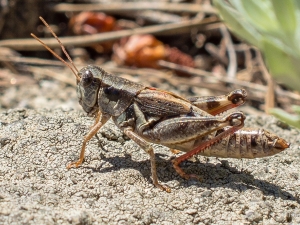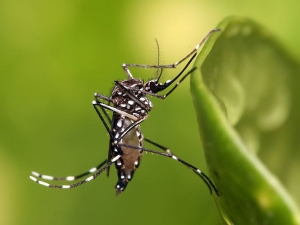

Research Bio
Caroline Williams is an integrative biologist whose research investigates the evolutionary physiology of insects, with a focus on adaptation to climate change. She is best known for her studies of metabolic evolution and overwintering physiology, examining how insects survive extreme seasonal environments. Williams’s lab integrates physiology, ecology, and evolutionary biology to explore how metabolic pathways evolve and how climate change alters insect life cycles. Her research provides insights into the resilience and vulnerability of species under environmental stress.
She is an Associate Professor of Integrative Biology at UC Berkeley. Her work has been published in Global Change Biology, Proceedings of the Royal Society B, and Journal of Experimental Biology. Williams has received NSF funding and recognition from the Society for Integrative and Comparative Biology. At Berkeley, she teaches courses in integrative biology and physiology, mentoring students in evolutionary physiology and climate adaptation.
Research Expertise and Interest
evolution, physiology, ecophysiology, metabolism, insect, winter, adaptation, thermal biology



